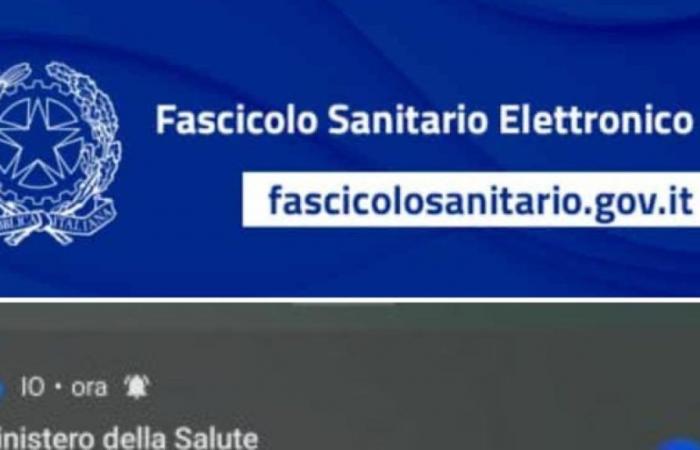
What is the electronic health record that we are talking about these days? Many have received a notification on their smartphone from the IO App. We can divide the Italian population into three categories: those who have never heard of it, those who have a vague idea of what it is and those who would like to know more but cannot find their way through the sources, whether accredited or not. The theme of the moment is understanding whether and how to oppose the inclusion of health data prior to May 19, 2020 (we also talked about it here). First of all, let’s start with the basics.
The electronic health record (EHR) is a digital tool that collects the clinical and health history of each citizen, which is shared with sector operators to receive better assistance. It has existed since 2012, but is now evolving into a 2.0 version thanks to funding from the PNRR. It is defined by the Privacy Guarantor as «the set of digital health and social-health data and documents» that were generated by clinical events. Contains income and pathology exemptions, contacts, delegates, reports, emergency room reports, discharge letters, summary health profile, specialist prescriptions, medical records, vaccinations, implant card data, screening invitation letters.
The ESF is fed by local healthcare companies, public healthcare facilities of the NHS and healthcare facilities accredited with the NHS. According to data collected by the Ministry of Health, between January and March 2024 96 percent of general practitioners consulted the EHRs, with peaks of 100 percent in regions such as Piedmont and Lombardy. Instead, they are on average 40 percent of citizens gave consent to the consultation of their ESF by doctors and operators of the National Health Service, with negative records in Abruzzo, Campania and Calabria (1 percent).
To clarify the legitimate doubts and fake news that orbit around the electronic health record and the right to oppose the inclusion of the previous one, we consulted Christian Bernieri, data protection officer who spent a long time on the issue of privacy protection applied to the topic of health data and which helps us answer the questions that follow.





